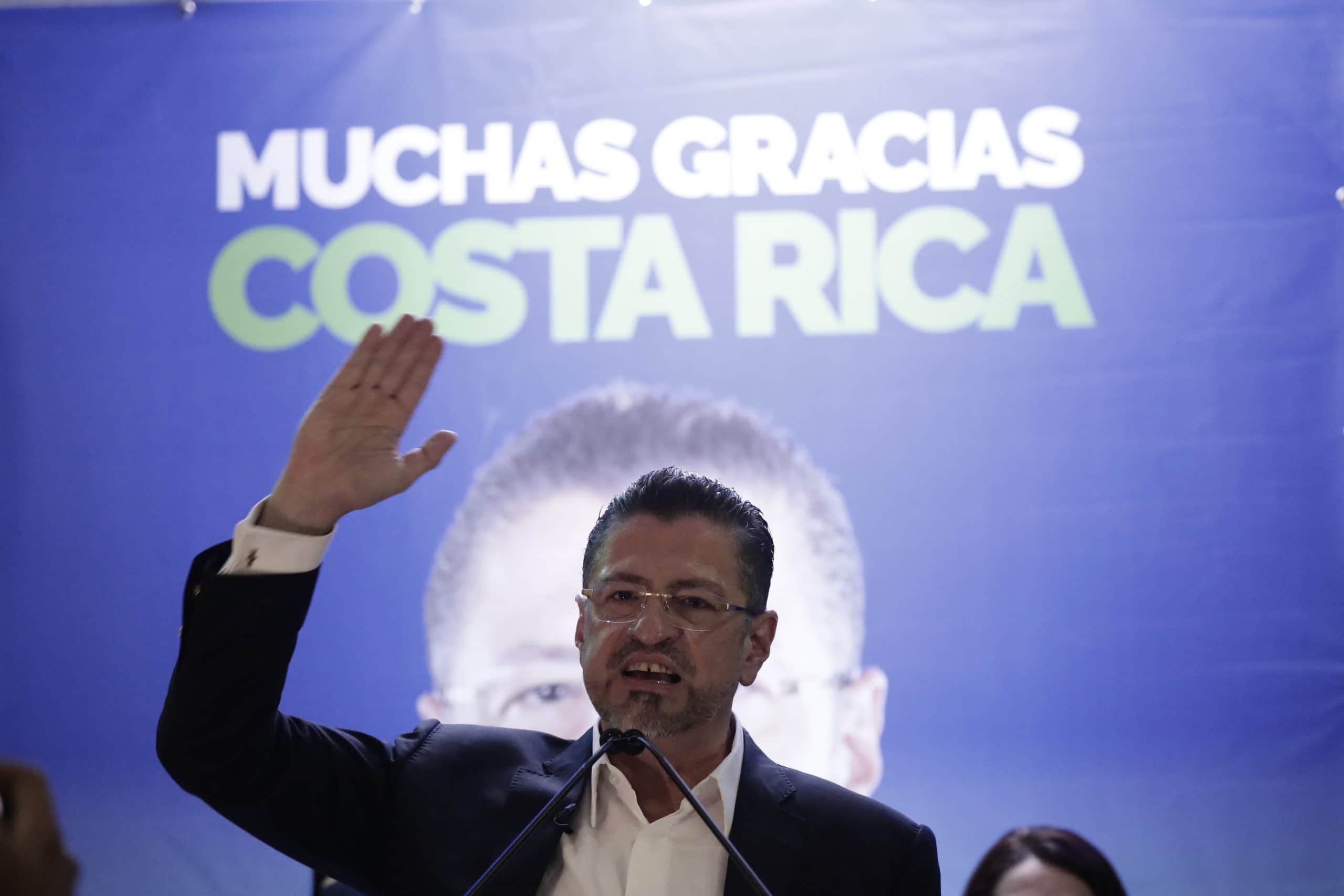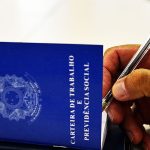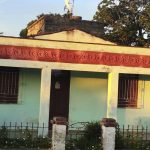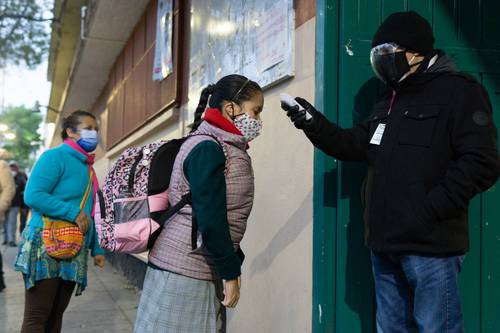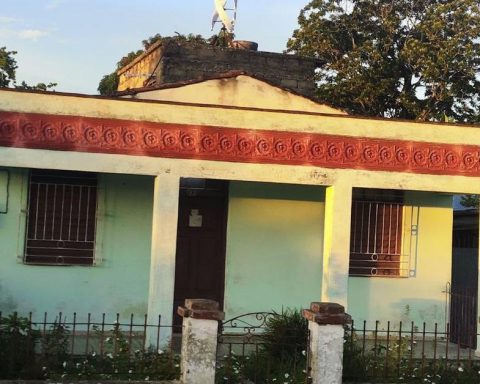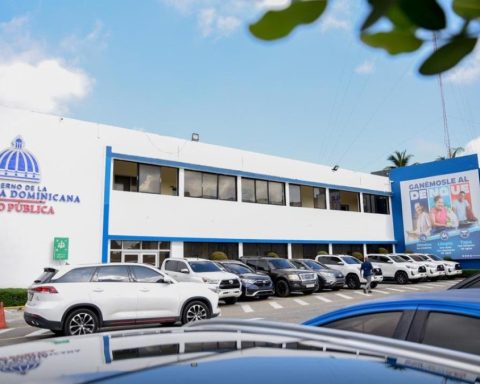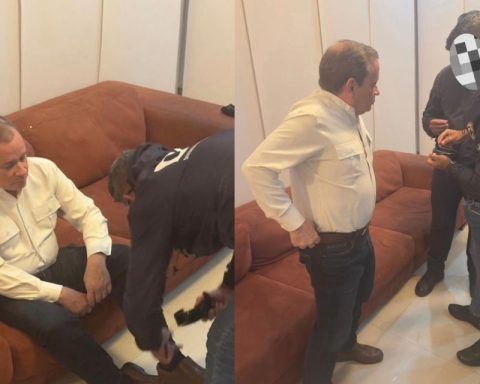The future Government of Costa Rica, with President-elect Rodrigo Chaves At the head, he has begun diplomatic approaches with Nicaragua and is considering doing so with Venezuela, two countries with which the current administration of President Carlos Alvarado has maintained distant relations and without appointing ambassadors in recent years.
The designated foreign minister, Arnoldo André Tinoco, confirmed this Friday what a few weeks ago the president-elect announced the intention to resume relations with Nicaragua and to appoint an ambassador to that country.
“In Nicaragua, as the president (Chaves) has announced, the intention is to appoint an ambassador at the right time. We are doing the evaluations and consultations of the case to get there,” Tinoco told reporters.
Since July 2018, Costa Rica does not have an ambassador in Nicaragua and Since June 21, 2021, the Costa Rican Government has paused officially the appointment of a new representative in the country.
Despite signs of rapprochement with Ortega, the Nicaraguan dictator has not been invited to Chaves’ inauguration. The protocol director of the Costa Rican Ministry of Foreign Affairs, Istvan Alfaro, confirmed to the Nicaraguan newspaper La Prensa that Ortega “is not invited to the event.”
Conversation with Nicaraguan ambassador
The future foreign minister revealed that he held a meeting with the Nicaraguan ambassador in Costa Rica, Duilio Hernández, with which “we have started a dialogue with the representatives of Nicaragua.”
“It is a sign of goodwill to meet to discuss bilateral issues. The conversation has been fluid and adequate. The diplomatic relationship exists, Costa Rica has an embassy in Managua and a chargé d’affaires, what there is is no ambassador, “said Tinoco.
The current Costa Rican Government has denounced in international forums the human rights violations in Nicaragua and has criticized the electoral process through which Ortega was re-elected with most of the opposition candidates jailed.
Venezuelan case
In the case of Venezuela, the current government does not recognize Nicolás Maduro as president after his last re-election because it considers that the elections were not fair.
The future Costa Rican foreign minister announced this Friday that recognizing Maduro “is one of the possibilities” that is being evaluated.
“Venezuela is under study, circumstances have been changing. At this time, Costa Rica has recognized Juan Guaidó (as president) but it is an issue that we are going to review,” Tinoco said.
The designated foreign minister said that “the constitutional period of Mr. Guaidó has expired and the global dynamics is moving towards adjusting to the realities of politics” and added that “in international law, a government is the one that exercises power.”
“We must assess the position that best suits Costa Rica,” he said.
The designated foreign minister assured that the Chaves government will continue to exercise Costa Rica’s historical leadership on issues such as human rights and the environment.
“Tirelessly our commitment is to respect human rights and when necessary we will denounce in international forums,” he said.
The government of Chaves, a center-right economist, will take office on May 8 for a four-year term.
